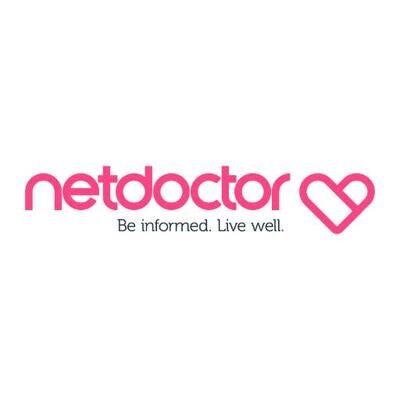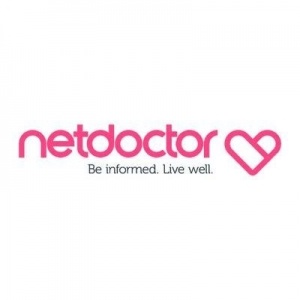Netdoctor: Transcranial Magnetic Stimulation: is TMS safe?
February 6, 2019 - Smart TMS

Smart TMS assisted leading healthcare website netdoctor with their article about Transcranial Magnetic Stimulation, exploring its safety as well as efficacy.
As the article points out, TMS treatment was approved by NICE in 2015 and is increasingly popular as a treatment option for people suffering from mental health problems or addiction.
Netdoctor spoke to Smart TMS technician Chloe Ward for her expert opinion.

First of all, Chloe explained what TMS is and how neurostimulation uses pulsing magnetic fields to either activate or suppress the brain centres associated with a number of medical and psychiatric disorders. She explains:
“It is a non-invasive procedure meaning that the procedure does not require surgery or any anaesthesia, so the patient remains awake and alert during the treatment session.”
Transcranial magnetic stimulation treatment is administered by holding a handset to the scalp which delivers magnetic pulses through a coil. Chloe says:
“The magnetic pulses induce an electric current in the nerve cells. The TMS can deliver low-frequency pulses at 1 Hertz to reduce the activity in the brain cells or high-frequency pulses at 10 Hertz to increase the activity in the brain.
“The condition depression, for example, results in reduced activity in the brain, and the affected area of the brain is the left frontal lobe. For depression treatment as the brain activity is reduced, TMS aims to alleviate the depressive symptoms by using high-frequency pulses at 10 Hertz, thus increasing brain activity. Brain scans have shown that, after they have been treated for depression with TMS, people have grown increased connections between brain cells and have increased neurotransmitter hormones.”
“In the case of anxiety, the right frontal lobe is overactive, therefore, TMS aims to reduce this activity by delivering a low frequency (1 Hertz) pulse to decrease activity. TMS involves more than one session: it is likely for depression an initial prescription would be around 15 sessions, then a review with the patient’s designated clinician will be organised to see whether the patient requires any more treatment. Due to the restructuring that occurs in the brain through the neural pathways, as each session is completed, the more structured these pathways become.”
“The exact area for where the TMS coil is placed is found through an EEG mapping system and through extensive research of which areas are related to which condition.”
TMS requires a course of sessions, typically 30 for treating depression.
 CHLOE, TMS TECHNICIAN
CHLOE, TMS TECHNICIAN
Chloe is a TMS Technician at the Smart TMS Birmingham Clinic.
Her qualifications and experience include:
- Degree in Psychology (BSc) from The University of Birmingham
- Masters (MSc) in Counselling Psychology MSc from Keele University
- Work experience includes Mental Health Assistant at Birmingham and Solihull Mental Health Trust and Counsellor at Solihull Mind and WPH Counselling
SMART TMS CLINICS
Smart TMS was established in 2015, dedicated to providing TMS treatment in London at their South Kensington/Brompton Cross centre. The company opened a second clinic in Birmingham in September 2017 and also has a base in Northampton. The first Irish clinic was opened in Dublin in October 2017 and in 2018, Smart TMS opened further locations in Manchester, Bristol and Havant (South Coast).
CONTACT US
For any other queries or for patients wishing to book an appointment at one of our UK clinics, please contact us:
- Tel: 0345 222 5678
- Email: info@smarttms.co.uk
Irish patients may contact Our Dublin Clinic direct on:
- Email: info@smarttms.ie
- Tel: 353 (01) 254 2514
- Website: www.smarttms.ie










